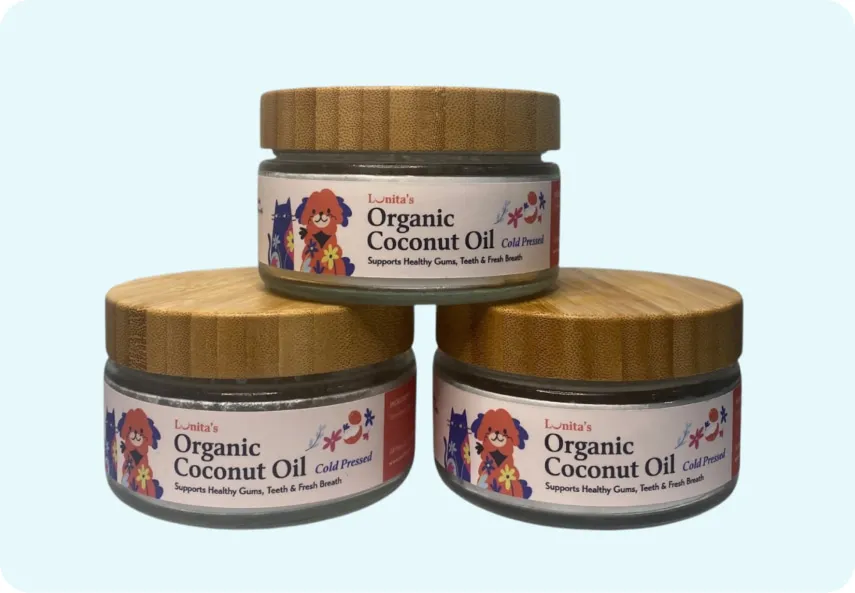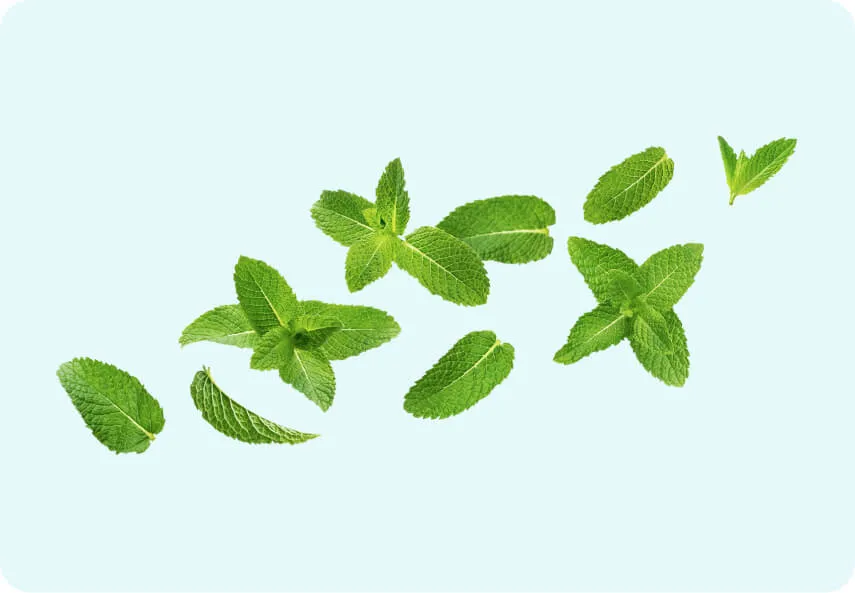Bad breath in dogs, often referred to as halitosis, can be a significant concern for pet owners, often hindering the close bond we share with our canine companions. While the common culprit is usually plaque and tartar accumulation, persistent foul odors can sometimes indicate underlying health issues. Fortunately, with a combination of diligent home care, effective natural remedies, and regular veterinary dental check-ups, you can effectively combat stinky dog breath and ensure your dog’s overall well-being.
Understanding the Causes of Stinky Dog Breath
Several factors can contribute to your dog’s unpleasant breath. Identifying the root cause is crucial for selecting the most appropriate treatment.
- Dental Disease: This is the most prevalent cause. Plaque, a film of bacteria, forms on your dog’s teeth and hardens into tartar. This buildup traps food particles and bacteria, releasing foul-smelling compounds. Over time, untreated dental disease can lead to gingivitis, periodontitis, tooth loss, and even systemic infections.
- Underlying Health Conditions: In some cases, bad breath can be a symptom of more serious health problems. These can include:
- Kidney or Liver Disease: A strong, ammonia-like or “fishy” odor can signal compromised kidney or liver function.
- Diabetes: A sweet, fruity, or acetone-like smell might indicate uncontrolled diabetes.
- Tumors: Oral tumors can become infected and necrotic, leading to a distinct foul odor.
- Gastrointestinal Issues: Problems within the digestive system can sometimes manifest as bad breath.
- Dietary Habits: Dogs that scavenge or eat garbage can ingest substances that cause temporary bad breath. Certain foods or ingredients in their diet might also contribute.
- Foreign Objects: Aspiration of foreign objects, such as small bones or pieces of toys, or having sharp objects lodged in the mouth (like a splinter from a stick) can lead to infection and a foul odor.
When to Consult Your Veterinarian:
It is essential to seek veterinary attention if your dog’s breath has a persistently fruity, ammonia-like, or decaying smell. Additionally, if you notice other symptoms alongside bad breath, such as lethargy, excessive drooling, changes in appetite, or unexplained weight loss, these could be signs of serious health concerns requiring immediate professional diagnosis and treatment.
Effective Strategies to Combat Stinky Pet Breath
The cornerstone of preventing and managing bad breath caused by bacteria is consistent oral hygiene.
- Regular Brushing: Aim to brush your dog’s teeth daily using a pet-specific toothbrush and toothpaste. This mechanical action removes plaque and food debris before they can cause odor and damage.
- Professional Dental Cleanings: Routine professional dental cleanings by your veterinarian, typically recommended twice a year, are vital for removing hardened tartar above and below the gumline, which cannot be addressed by home brushing alone.
However, we understand that not all dogs readily accept daily teeth brushing. For those canine companions, various natural remedies and alternative approaches can supplement professional care and help maintain fresher breath between dental visits.
Natural Remedies for Dogs with Bad Breath
Here are several natural remedies that can effectively combat stinky dog breath:
1. Wholesome Snacks: Carrot Sticks & Apple Slices
 Carrots
Carrots
Sharing healthy, crunchy snacks like carrot sticks and apple slices can be a delightful and beneficial habit.
- Mechanical Cleaning: The firm texture of carrots and apples helps to naturally scrape away plaque buildup from your dog’s teeth and gums as they chew.
- Soothing Treat: For teething puppies, a few minutes in the freezer can transform these snacks into soothing, refreshing treats.
2. Coconut Oil: A Multifaceted Solution
 Coconut Oil
Coconut Oil
Incorporating a small amount of virgin coconut oil into your dog’s diet or using it as a natural toothpaste offers numerous benefits for oral health.
- Antibacterial Properties: Coconut oil contains potent antiviral, antifungal, and antibacterial compounds that are highly effective in fighting odor-causing bacteria in your dog’s mouth.
- Coat Health Bonus: Beyond its oral benefits, coconut oil also contributes to a shiny, healthy coat for your furry friend.
3. Fresh Mint: A Natural Deodorizer
 Fresh mint
Fresh mint
Sprinkling a small amount of fresh mint leaves onto your dog’s food at each meal can significantly freshen their breath.
- Chlorophyll Power: This aromatic herb is rich in chlorophyll, a natural compound known for its healing properties and its ability to neutralize odors.
- Nutritional Support: Mint is also a good source of Vitamins A and C, which are essential for maintaining healthy bones, skin, and vision.
- Digestive Aid: Additionally, mint can contribute to a healthier digestive system in pets.
4. Apple Cider Vinegar: An Acidic Antiseptic
Adding up to one teaspoon of raw, unfiltered apple cider vinegar to your dog’s water bowl can be a simple yet effective remedy.
- Bacteria-Killing Acids: The malic and acetic acids present in apple cider vinegar possess natural antibacterial properties that help combat odor-causing microorganisms.
- Mineral Enrichment: It also serves as a natural source of essential minerals like calcium, potassium, and magnesium, which are vital for your dog’s overall health.
5. Dental Chew Toys & Treats
 Dog
Dog
Choosing chew toys and treats specifically designed for dental hygiene plays a crucial role in maintaining oral health. These products are engineered to encourage chewing and promote mechanical cleaning of the teeth and gums. You can find guidance on selecting the best dental chews for dogs to make an informed choice. Some products also incorporate ingredients that freshen breath.
6. Yogurt and Probiotic Supplements
Incorporating plain, unsweetened yogurt or discussing probiotic supplements with your veterinarian can be beneficial for your dog’s gut and oral health.
- Beneficial Bacteria: Research suggests that the active cultures found in yogurt and probiotics can help by introducing beneficial bacteria into the mouth, which can compete with and reduce the population of odor-causing bacteria.
- Digestive Health: Beyond breath freshening, these probiotics also support overall digestive health.
Establishing a Routine for Fresh Breath
While these natural remedies are excellent for managing and improving stinky dog breath, they are most effective when integrated into a comprehensive oral care routine. Consistent at-home brushing, combined with regular professional dental cleanings, remains the most robust approach to ensuring your dog’s mouth stays healthy, clean, and free from harmful bacteria. If you find that your dog is resistant to teeth cleaning, our At-Home Brushing Guide offers valuable tips and techniques to make the experience more enjoyable for both you and your canine companion.
By implementing these natural remedies and maintaining a consistent oral hygiene routine, you can confidently look forward to many more snuggle sessions with your beloved, fresh-smelling dog.
